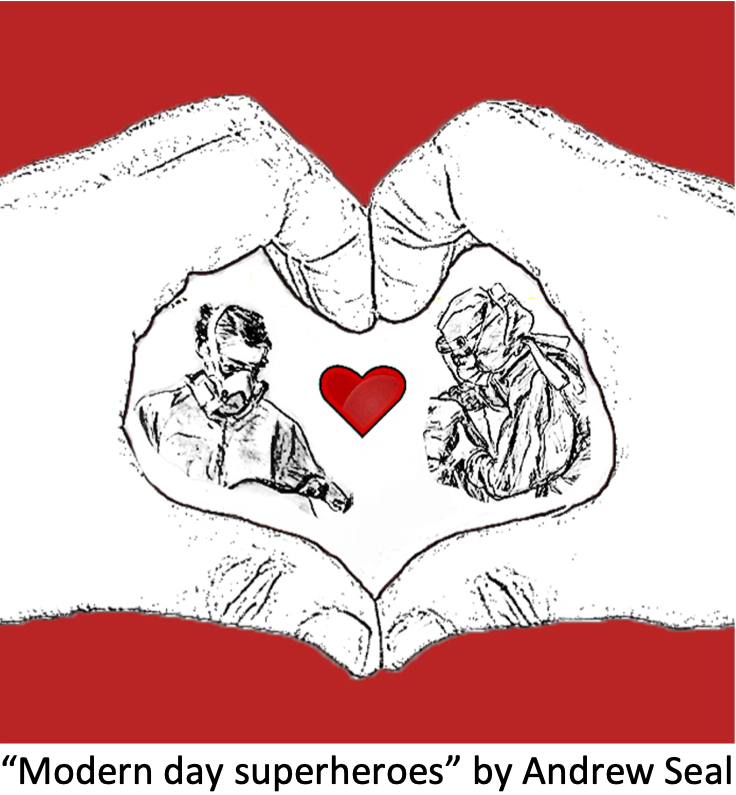Health research methodology education in Canadian emergency medicine residency programs: A national environmental scan
DOI:
https://doi.org/10.36834/cmej.68753Abstract
Objectives: Our objective was to describe the variability of research methodology teaching among English-speaking Royal College of Physicians and Surgeons of Canada emergency medicine (RCPSC-EM) residency programs. We also aimed to identify barriers to teaching research methodology curricula.
Methods: An electronic survey was sent by email to program directors and residents of English-speaking RCPSC-EM training programs countrywide. Reminder emails were sent after 2, 4, and 8 weeks. Quantitative, descriptive statistics were prepared, and qualitative data and themes were identified.
Results: We received a total of 7 responses from the possible 12 program directors (response rate = 58.3%). Out of 354 potential resident respondents, 82 (23.2%) completed the survey. There was disparity between resident and program director responses with respect to the existence of curricula, preparation for Royal College exams, and usefulness for future practice. Barriers to teaching a research methodologies curriculum included lack of time, support, educated faculty, and finances.
Conclusion: This survey demonstrates that Canadian EM residency programs vary with respect to research methodology curriculum, and discrepancies exist between residents’ and program directors’ perceptions of the curriculum. Given the lack of a standardized research methodology curriculum for these programs, there is an opportunity to improve training in research methodology.
Downloads
Published
Issue
Section
License
Copyright (c) 2020 Aaron Wang, Allison Meiwald, Robert Harper, Kristine Van Aarsen, Justin Yan

This work is licensed under a Creative Commons Attribution-NonCommercial-NoDerivatives 4.0 International License.
Submission of an original manuscript to the Canadian Medical Education Journal will be taken to mean that it represents original work not previously published, that it is not being considered elsewhere for publication. If accepted for publication, it will be published online and it will not be published elsewhere in the same form, for commercial purposes, in any language, without the consent of the publisher.
Authors who publish in the Canadian Medical Education Journal agree to release their articles under the Creative Commons Attribution-Noncommercial-No Derivative Works 4.0 Canada Licence. This licence allows anyone to copy and distribute the article for non-commercial purposes provided that appropriate attribution is given. For details of the rights an author grants users of their work, please see the licence summary and the full licence.











